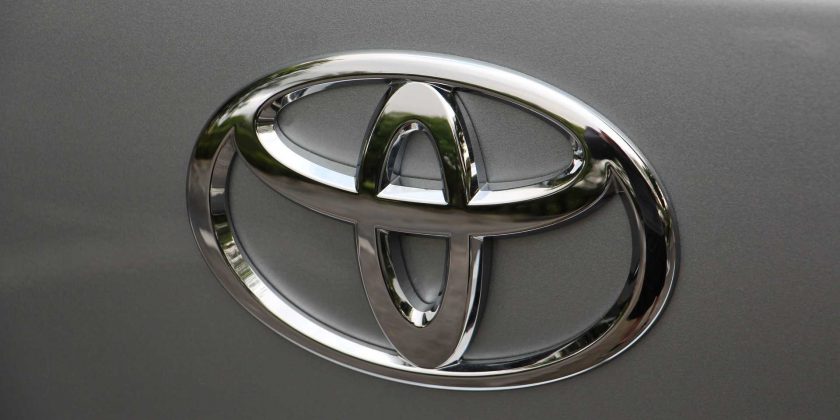And you thought filing TPS reports was a pain.
Toyota Motor Corporation has come to terms with the United States federal government over what Uncle Sam has called “systematic, longstanding violations of Clean Air Act’s emission-related defect reporting requirements.” The Japanese giant accepted the $180 million civil penalty, which will hit its books as after-tax charges in earnings for the current fiscal year, which wraps up on March 31, 2021, Reuters reports.
According to Audrey Strauss, Acting US Attorney for the Southern District of New York, Toyota “systematically violated regulations that provide [the Environmental Protection Agency] with a critical compliance tool to ensure that vehicles on the road comply with federal emissions standards.” This isn’t to say Toyota cheated on any emissions testing, so much as it failed to file the appropriate paperwork with the EPA regarding any emissions defects in the company’s products. This occurred over a 10-year period, from 2005 to 2015, the Department of Justice said in a press release.
The Clean Air Act requires automakers to file Emissions Defect Information Reports (EDIRs) with the EPA any time at least 25 vehicles from a single model year suffer a failure or defect in an emissions-related component. Once the company sets about fixing the issue, it needs to file a Voluntary Emissions Recall Report (VERR). During the 10-year period in question, Toyota failed to file 78 EDIRs, 20 VERRs, and over 200 quarterly reports, the government said.
The root of the issue seems to stem from miscommunications between the company and the government over when the reports were necessary. In May 2002, Toyota described its process to the EPA, relying on 25 “product reports” from its dealers regarding emissions issues or when there were warranty claims in four percent of its vehicles sold in California (a point at which the company would need to file reports pursuant to the Golden State’s own environmental regs). The EPA rejected this approach, but it didn’t much matter, as by 2005 Toyota was only filing EDIRs when it hit California’s threshold for a report.
According to Reuters, Toyota acknowledged its fault in the case back in 2015, noting that it “identified and self-reported a process gap that resulted in a delay in the filing of certain non-public EPA reports for emissions-related defects in vehicles.” The company went on to add that “while this reporting delay resulted in a negligible emissions impact, if any, we recognize that some of our reporting protocols fell short of our own high standards, and we are pleased to have resolved this matter.”
Sources:
Reuters, US Department Of Justice
Source: Read Full Article
